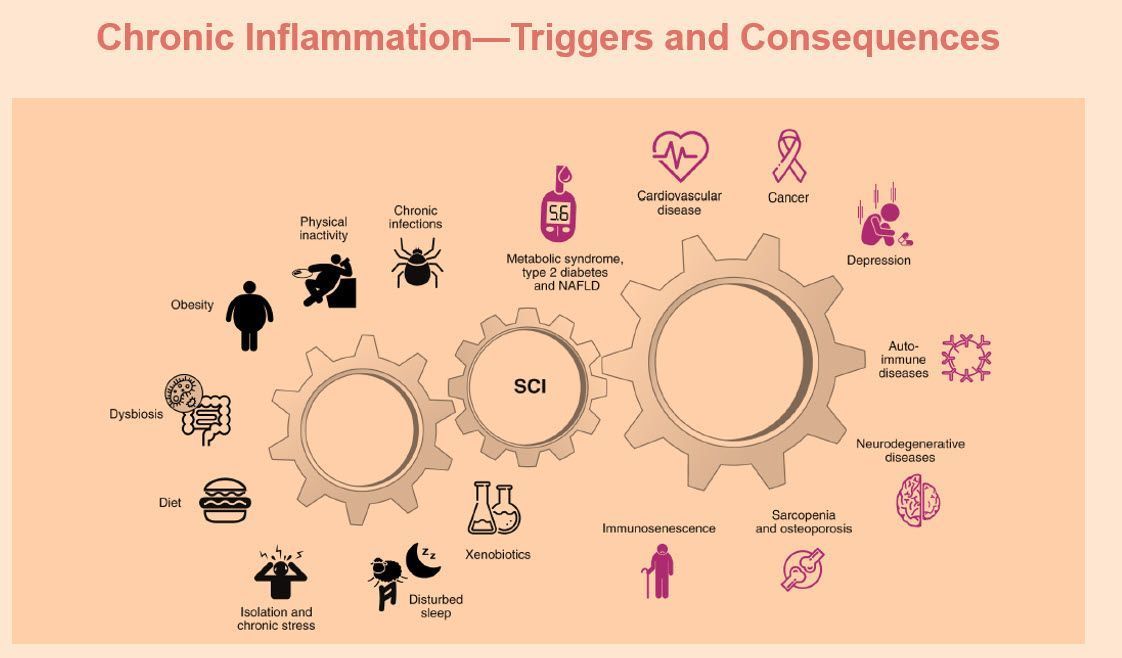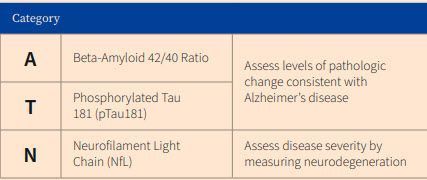The One Food You Should Never, Ever Eat if You Have Chronic Inflammation
At the very least, you'll want to keep this to a minimum.
Inflammation is often visible—think red skin or a swollen knee. However, inflammation can also occur on the inside, and it's not always so easy to detect.
"Inflammation is a physiological process involved in the defense of our body and the repair of tissues," says Jenna Stangland, RD, a Momentous advisor.
Stangland explains that inflammation can be triggered by infections, trauma, toxins or allergic reactions. Sometimes, it becomes chronic in the muscles and tissues. Unfortunately, Stangland says chronic inflammation carries risks.
"Chronic inflammation can end up stimulating the development of cardiovascular diseases, autoimmune disease, neurological disease or cancer," Stangland says. "This type of inflammation can last several months as a result of inability to combat and reduce it."
Diet isn't a cure-all for chronic inflammation or the diseases it can trigger. However, it's an important tool.
"Diet plays a significant role in inflammation, as certain foods can either promote or reduce inflammation in the body," says Michelle Routhenstein, MS, RD, CDCES, CDN, a preventive cardiology dietitian at EntirelyNourished.com.
One food in particular is worth avoiding. RDs shared the food to limit if you have chronic inflammation.
Related:
The One Diet That Will Actually Lower Your Heart Attack Risk, According to Cardiologists








